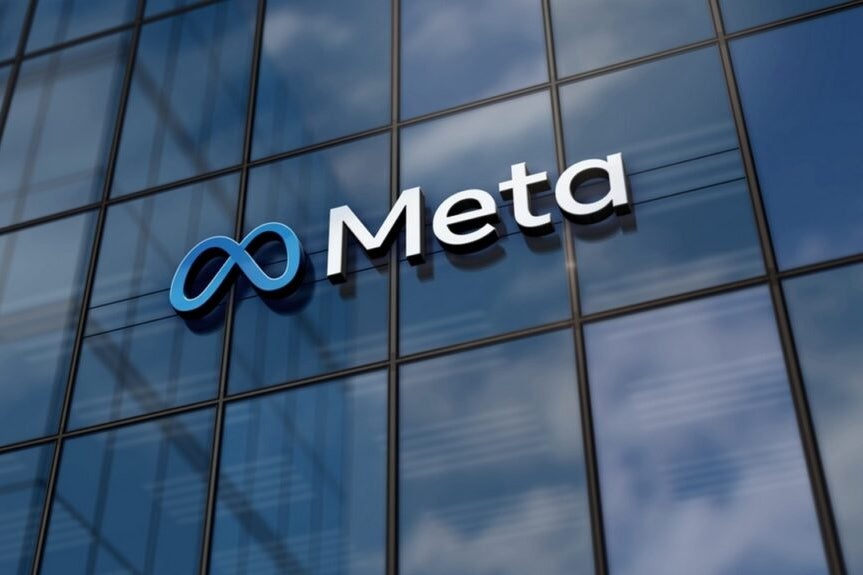Unraveling the Controversy: Mark Zuckerberg’s Meta Under Fire for Layoff Decisions
In recent months, Meta Platforms, the tech giant founded by Mark Zuckerberg, has been embroiled in a significant controversy surrounding its layoff decisions. As the company navigates through a challenging economic landscape, a wave of discontent has swept through its workforce. Former employees are voicing their concerns, claiming they were unfairly targeted for layoffs despite having demonstrated commendable performance. This situation raises critical questions about corporate ethics and employee treatment in a rapidly evolving tech landscape, where the balance between operational efficiency and employee welfare is increasingly scrutinized.
The Context of Meta’s Layoff Decisions
Meta has been under immense pressure to streamline operations and cut costs, a trend seen across the tech industry. The need for these layoffs is often tied to a broader economic downturn and shifting market dynamics. However, the manner in which these layoffs are conducted has sparked outrage among employees and observers alike.
In 2022, Meta announced a series of layoffs affecting thousands of workers, citing the need to refocus on its core business and improve efficiency. While the company’s financial reports indicated a need for such measures, the execution of these layoffs has raised eyebrows. Reports suggest that many employees who were laid off had received positive performance reviews leading up to their termination. This contradiction has fueled allegations of arbitrary decision-making and a lack of transparency.
Employee Perspectives and Experiences
Former employees have come forward, sharing their experiences of being blindsided by the layoffs. Many describe a workplace culture that, until recently, emphasized innovation, teamwork, and personal development. These layoffs, they argue, have shattered morale and trust within the organization.
- Performance vs. Layoff Decisions: Several employees noted that they had met or exceeded performance targets, making their layoffs particularly surprising. This discrepancy has led to feelings of betrayal and confusion, as they wonder how performance metrics align with the decision to cut their positions.
- Lack of Communication: Many employees reported feeling left in the dark regarding the criteria used for layoffs. A common theme in their testimonies is the desire for clearer communication from management regarding how decisions were made.
- Impact on Mental Health: The emotional toll of being laid off has been significant. Former employees have expressed feelings of anxiety, depression, and uncertainty about their futures. The abrupt nature of the layoffs has contributed to a sense of instability and fear within the remaining workforce.
The Broader Implications of Layoff Decisions
The fallout from Meta’s layoff decisions extends beyond the immediate impact on employees. The situation raises essential questions about corporate governance, ethics, and the responsibilities of tech giants in today’s economy.
Corporate Ethics and Accountability
As companies like Meta navigate economic challenges, the need for ethical decision-making becomes paramount. Layoffs can be a necessary part of business strategy, but the way they are handled can significantly affect a company’s reputation and employee loyalty. Stakeholders—ranging from investors to customers—are watching how Meta manages its workforce during these turbulent times.
When layoffs are perceived as arbitrary or lacking in justification, companies risk losing not just their current employees but also their potential future talent. The tech industry thrives on innovation and creativity, which can only be harnessed in a stable and supportive work environment. If employees feel that their contributions are undervalued, they may seek opportunities elsewhere, ultimately hindering the company’s growth and innovation.
Employee Treatment in the Tech Landscape
The controversy surrounding Meta’s layoffs is part of a larger narrative in the tech sector, where layoffs have become increasingly common. As companies prioritize profitability, questions about employee treatment have come to the forefront. Organizations need to strike a balance between operational efficiency and maintaining a supportive workplace culture.
- Importance of Transparency: Companies should prioritize transparency in their communication with employees. Clear criteria for layoffs and open discussions about business challenges can help mitigate feelings of distrust.
- Employee Support Programs: Providing robust support programs for laid-off employees, including career counseling and mental health resources, can demonstrate a commitment to employee welfare even in difficult times.
- Long-term Vision: Leaders must consider the long-term implications of their decisions. A focus on sustaining employee engagement and morale can yield dividends in productivity and loyalty.
Looking Forward: The Future of Meta and Its Workforce
The future of Meta and its workforce will depend heavily on how the company responds to the current backlash. As the dust settles from recent layoffs, there is an opportunity for the organization to redefine its approach to employee relations and corporate responsibility.
Mark Zuckerberg and the leadership team at Meta would do well to reflect on the feedback from former employees and take proactive measures to rebuild trust among their current workforce. Implementing policies that prioritize employee well-being, fostering open communication, and ensuring equitable treatment can help mitigate the negative impacts of layoffs.
A Call for Change
The unfolding drama at Meta serves as a reminder of the broader challenges facing the tech industry. As companies navigate economic uncertainties, the treatment of employees must remain a priority. By addressing the concerns raised by former employees and committing to ethical practices, Meta has the potential to emerge from this controversy stronger and more aligned with its core values.
In these trying times, it is critical for corporations to remember that their most valuable asset is their people. A workforce that feels valued and respected is more likely to drive innovation and success. As the tech landscape continues to evolve, the way companies like Meta handle their workforce will undoubtedly shape their future and set precedents for the industry as a whole.
See more Future Tech Daily

